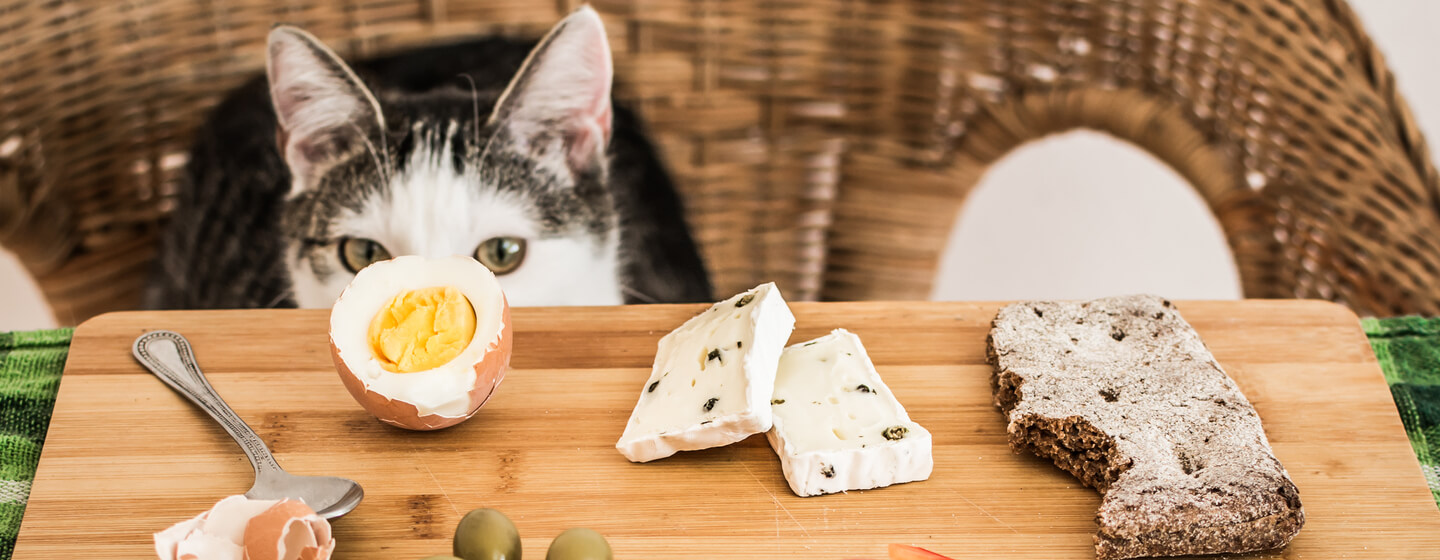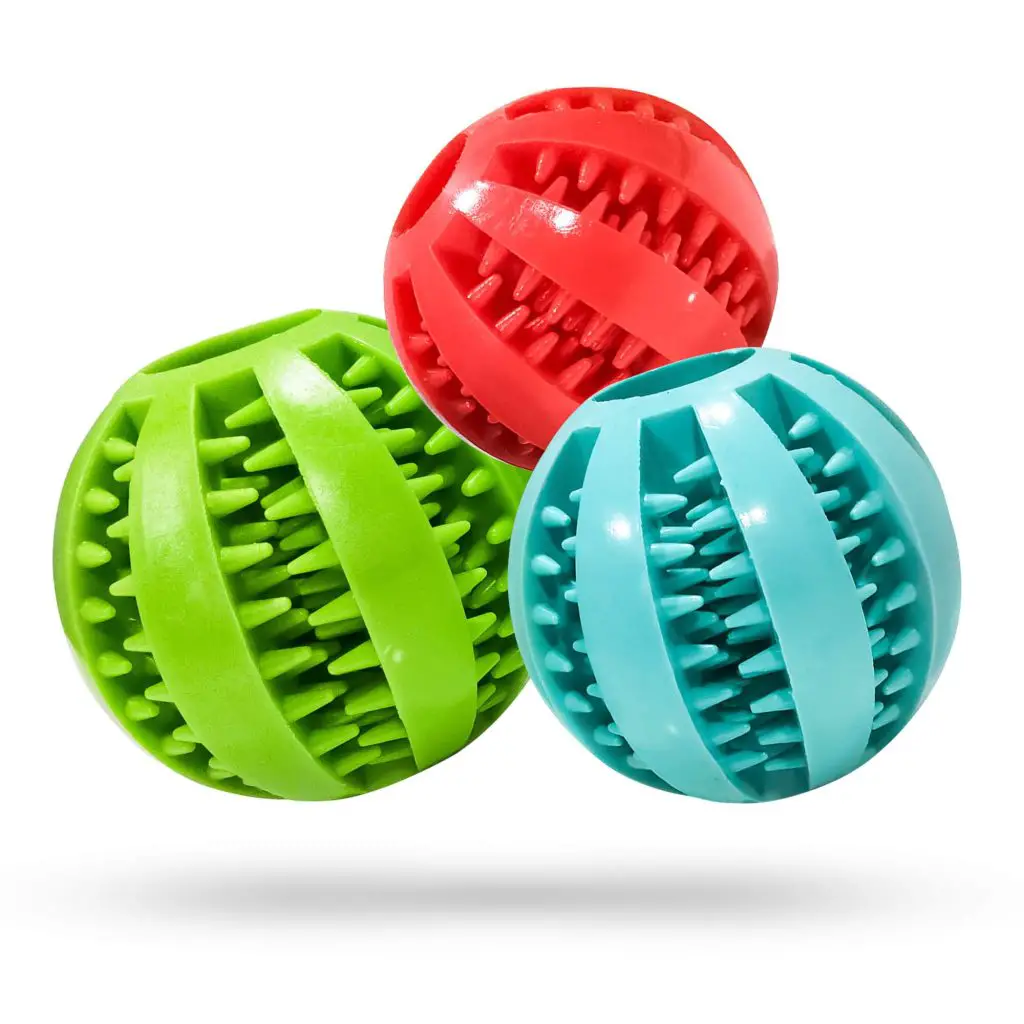Right foods for kittens can be either non-toxic or toxic, depending on their ingredients and preparation. Kittens require a balanced diet for their growth and development, so it’s important to provide them with safe and nutritious food options.
However, some foods that are safe for adult cats can be toxic for kittens due to their sensitive digestive systems. We will explore the non-toxic and toxic foods for kittens, helping you make the right choices to keep your furry friend healthy and thriving.
Read on to discover which foods are safe and which should be avoided when feeding your adorable little furball.
The Importance Of Feeding Kittens A Balanced Diet
The Importance of Feeding Kittens a Balanced Diet:
Kittens have unique dietary requirements for optimal health. Providing proper nutrition is crucial during this crucial growth phase. A balanced diet helps support their overall development and lays the foundation for a healthy adult life.
When choosing the right foods for kittens, it’s essential to opt for non-toxic options while avoiding any potentially toxic ingredients. Kittens have delicate digestive systems that may be sensitive to certain foods.
A balanced diet for kittens should consist of high-quality protein, essential fats, vitamins, and minerals. Protein sources like chicken, turkey, and fish provide the building blocks necessary for healthy muscle growth and development.
Additionally, including healthy fats, such as omega-3 fatty acids, supports brain development and maintains a glossy coat. Important vitamin and mineral requirements can be met through a well-rounded diet that incorporates natural ingredients.
By carefully selecting the right foods and ensuring a balanced diet, kitten owners can support their furry companions’ healthy growth and development.

Credit: www.purina.co.uk
Non-toxic Foods For Kittens
Kittens are delicate creatures that require a nutritious and safe diet to thrive. Providing them with non-toxic foods is essential for their health and well-being. Here are some safe and healthy food options that you can include in their diet:
| Nutrient | Food Options |
|---|---|
| Protein | Chicken, turkey, beef, fish (cooked and boneless) |
| Carbohydrates | Cooked rice, oatmeal |
| Fat | Salmon oil, safflower oil |
| Vitamins and Minerals | Pumpkin, carrots, spinach |
These nutrient-rich ingredients help support their growth and development. However, it’s important to note that certain foods can be toxic to kittens. Avoid giving them chocolate, onions, garlic, grapes, raisins, alcohol, and caffeine as these can be harmful to their health.
By providing a balanced diet of non-toxic foods, you can ensure that your kittens have the best possible start in life. Remember to always consult with a veterinarian for specific dietary recommendations for your furry friends.
Toxic Foods To Avoid For Kittens
When it comes to the health of kittens, it is important to be aware of the foods that can be toxic to them. Feeding them the right foods is crucial to their well-being. There are certain foods that kittens should avoid as they can be harmful and even toxic. These foods include:
| Onions and Garlic: | These foods can cause damage to a kitten’s red blood cells, leading to anemia. |
| Chocolate: | Chocolate contains theobromine, which is toxic to kittens and can cause various health problems. |
| Grapes and Raisins: | These fruits can cause kidney failure in kittens. |
| Caffeine: | Caffeine can be fatal to kittens and should never be given to them. |
| Dairy Products: | Kittens lack the enzyme needed to break down lactose, so dairy products can cause digestive upset. |
If a kitten ingests any of these toxic foods, it is important to watch out for potential health risks and symptoms. These may include vomiting, diarrhea, weakness, tremors, and even seizures. If you notice any of these symptoms, it is essential to seek immediate veterinary care.
Recognizing And Preventing Accidental Poisoning
Accidental poisoning can pose a serious threat to the health and well-being of our kittens. It is crucial to recognize potential hazards in our homes to prevent any unfortunate incidents. Some commonly found household items can be highly toxic to kittens. Substances such as chocolate, cigarettes and tobacco products, cleaning chemicals, medications, plants like lilies and poinsettias, and pest control products should be kept away from their reach. It is essential to adopt responsible pet-proofing measures to ensure a safe living environment for our furry friends. Securing cabinets and drawers, keeping trash bins closed, storing chemicals and medications properly, and placing hazardous plants out of reach can significantly minimize the risk of accidental poisoning. By being mindful of these hazards and taking proactive steps, we can ensure the well-being and safety of our adorable kittens.
Transitioning To Solid Foods: Best Practices
Transitioning from kitten formula to solid food can be an exciting milestone for both you and your furry friend. It is important, however, to know when to start introducing solid foods to ensure a smooth and healthy transition.
Kittens typically start showing interest in solid foods around 4 weeks of age. At this point, you can begin offering them small amounts of soft, wet food. Gradually increase the quantity and thickness of the food as they become more comfortable with eating.
When introducing solid foods to your kitten, it is crucial to choose non-toxic options that are safe for their delicate digestive system. Some excellent choices include:
| Food | Benefits |
|---|---|
| Chicken or turkey baby food (plain, without any seasoning or additives) | Provides essential proteins and nutrients for growth |
| Kitten-specific wet cat food | Formulated to meet their nutritional needs |
| Boiled and shredded chicken or fish | Offers a natural source of protein |
While there are plenty of safe food options for kittens, it is crucial to be aware of toxic foods that should be kept away from them. These include:
- Onions and garlic: Can cause anemia and damage red blood cells
- Dairy products: Kittens are lactose intolerant
- Chocolate: Contains theobromine, which is toxic to cats
- Grapes and raisins: Can lead to kidney failure
- Alcohol and caffeine: Harmful to their system
By following these guidelines and providing your kitten with a balanced diet of safe and nutritious foods, you can ensure a healthy transition to solid foods and set them up for a thriving future.
Preparing Homemade Kitten Food At Home
When preparing homemade kitten food at home, it is important to choose safe and nutritious ingredients for your furry friend. There are several DIY recipes that can provide a balanced diet for kittens. For a protein-packed option, you can include cooked chicken or turkey, as well as canned fish. These options are rich in essential amino acids that kittens need for healthy growth. Additionally, you can add steamed vegetables like carrots or broccoli to provide important vitamins and minerals. To ensure proper calcium intake, you can include plain yogurt or cottage cheese in their meals. It is crucial to avoid toxic ingredients like onions, garlic, grapes, and raisins, as they can be harmful to kittens. As a responsible cat owner, always consult with your vet to ensure your homemade kitten food meets their specific nutritional needs.
The Pros And Cons Of Commercial Kitten Food
Choosing the right commercial kitten food for your furry friend can have both pros and cons. While non-toxic options provide essential nutrients and support healthy growth, certain toxic ingredients can pose potential risks to their well-being.
Evaluating Different Brands And Types Of Commercial Kitten Food
Kittens require a specialized diet to support their growth and development. Commercial kitten food offers a convenient and nutritionally balanced option. However, it’s important to evaluate different brands and types to ensure you are providing your kitten with the best possible nutrition.
When selecting commercial kitten food, pay attention to the nutritional content and ingredients. Look for a high-quality protein source as the main ingredient, such as chicken or fish. Avoid products that contain fillers, artificial preservatives, and additives that offer no nutritional value to your kitten.
Additionally, consider the specific needs of your kitten. Some brands offer formulas tailored to kittens with special dietary requirements or sensitivities. Consult with your veterinarian to determine the best choice for your furry friend.
In conclusion, by carefully evaluating different brands and types of commercial kitten food, you can choose a product that meets your kitten’s nutritional needs and promotes their overall health and well-being.
+Creating A Feeding Schedule For Kittens
Establishing a regular feeding routine for kittens is essential for their overall health and development. To ensure that your kitten receives the right foods in the right quantities, it is important to create a feeding schedule. Kittens have high energy levels and require frequent meals throughout the day. It is recommended to divide their daily food intake into several small meals to prevent overeating and digestion issues.
When determining portion sizes, take into consideration the age, weight, and activity level of your kitten. Consulting with a veterinarian can provide valuable guidance in determining the appropriate portion sizes for your kitten’s needs. Generally, kittens should be fed a diet specially formulated for their age, such as kitten-specific wet and dry foods. The frequency of feeding can vary depending on their age, but typically kittens should be fed around four to six times a day.
| Kitten’s Age | Number of Meals per Day |
|---|---|
| 4-5 weeks | 4-5 meals |
| 6-8 weeks | 3-4 meals |
| 2-3 months | 3 meals |
| 4-6 months | 2-3 meals |
It is important to monitor your kitten’s weight and adjust the portion sizes accordingly. Overfeeding can lead to obesity and related health issues, while underfeeding can result in nutrient deficiencies. Providing a clean and fresh water source is equally important for a kitten’s well-being.
Creating a feeding schedule and ensuring a balanced diet will contribute to your kitten’s growth, energy levels, and overall health. By following these guidelines, you can help your kitten thrive as they mature into healthy adult cats.
Monitoring Kitten’s Health And Growth
Regular veterinary check-ups and vaccinations are essential for the overall health and well-being of kittens. Monitoring your kitten’s health and growth is crucial in ensuring they are thriving. By observing their behavior, you can identify signs of a healthy and flourishing kitten. These signs include a good appetite, steady weight gain, a shiny coat, clear eyes, and a playful and energetic demeanor. Regular visits to the veterinarian will help in detecting any potential health issues early on and ensuring timely treatment. Vaccinations are key in protecting your kitten from common and potentially fatal diseases. Following a proper vaccination schedule will provide them with the necessary immunity to fight off infections. It is important to consult with your veterinarian regarding the appropriate vaccinations based on your kitten’s age and lifestyle.
Addressing Allergies And Dietary Sensitivities In Kittens
|
- Elimination diet: Introduce one protein source at a time to identify any allergic reactions. Keep a record of the food and any symptoms observed.
- Consult a veterinarian: If your kitten shows signs of allergies or dietary sensitivities, seek professional advice for proper diagnosis and advice on suitable food options.
- Read food labels: Look for high-quality kitten food that avoids common allergens and uses easily digestible ingredients.
- Gradual transitions: When switching kitten food, do it gradually over 7-10 days to prevent digestive upset.
- Food trials: In some cases, your vet may recommend a specific limited ingredient diet or hypoallergenic food trial to identify and manage food sensitivities.
Conclusion
Proper nutrition plays a crucial role in a kitten’s growth and development. From wholesome ingredients to avoid toxic ones, choosing the right foods is paramount. By prioritizing their health and well-being, you can ensure that your furry friend thrives. Being mindful of the potential dangers in certain foods and opting for non-toxic options allows you to provide them with the best possible care.
So, make informed choices, consult your veterinarian, and give your kitten the nutrition they deserve.


